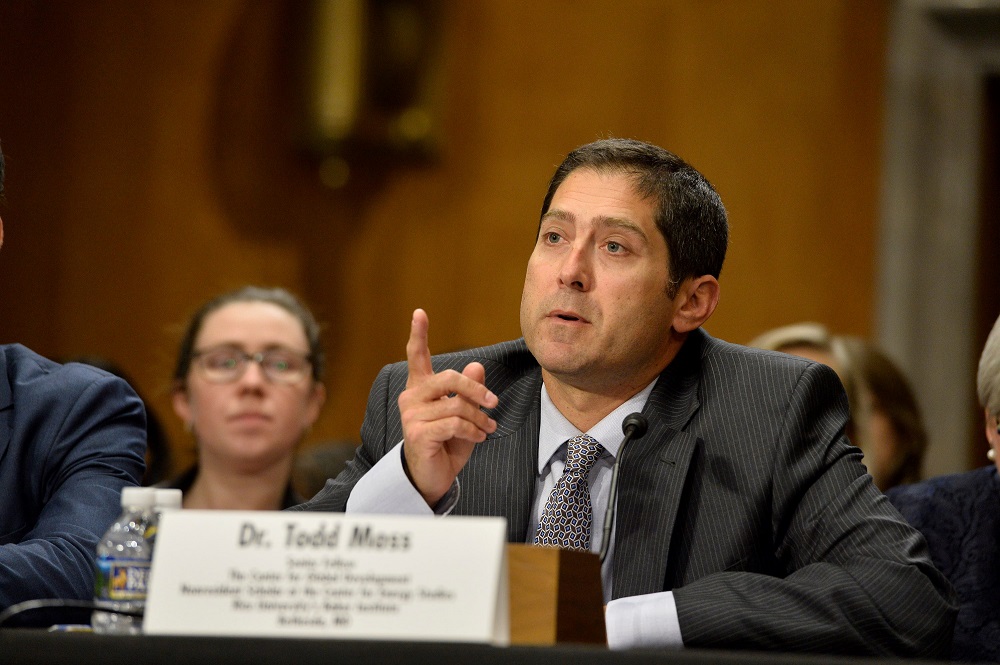President Obama knows all too well that you get no credit in politics for the bad outcomes that you’ve managed to avoid. And so yesterday at the White House Summit on Global Development, as he outlined the programmatic successes of his administration’s global development policy (all genuine and worthy of acclaim), he didn’t even bother to mention the response to the global financial crisis that consumed him and his administration for much of its first year and continued to require major efforts from the White House, Treasury, and Federal Reserve in the years that followed.
Yet, when we consider what could have happened, just how perilous the economic conditions were for the United States and the world during that time, it is not unreasonable to conclude that the cause of global development was served at least as much by these efforts than by any single development initiative launched by an American president.
We know from a body of evidence assembled by the IMF, World Bank and others that economic shocks can set back development gains disproportionately – a temporary shock can lead to longer term losses in gains around poverty reduction and income growth. We also know just how much was at stake in the global economy when President Obama took office and how much depended on effective policy responses. My favorite accounts of this period come from the autobiographies of three actors on the front lines: Tim Geithner, Ben Bernanke, and Barney Frank.
Granted, a developing country finance minister or central bank governor might resist crediting the actions of a country on whose shores the crisis began. But there was nothing pre-determined when it came to the smart, aggressive, and politically painful policy responses that were launched in the waning days of the Bush administration and carried forward during the Obama administration. Surely no one who has watched the US Congress in recent years can look back with confidence that it would have acted as decisively as it ultimately did to approve the crisis measures requested by these two administrations.
As a political slogan, “it could have been worse” will never be a winner. But I do think it’s important on the world stage, as much as it is domestically, to remind voters and politicians of the critical role policy has played in avoiding and mitigating bad, sometimes disastrous, outcomes at key moments.
We are living in a period of political backlash against the very activist policies that saved the global economy from calamity less than a decade ago. It may be asking too much of voters that they should feel better off as a result of TARP, swap lines, and quantitative easing (1, 2 and 3). But neither should the architects of those measures shy away from claiming their successes and even attributing some of their benefits to cocoa farmers in rural Cote D’Ivoire and factory workers in Vietnam.
So by all means, President Obama should embrace the successes of Feed the Future and PEPFAR in terms of lives saved and poverty reduced, but in the same way, he deserves to take a bow for making the global financial crisis less severe than it could have been.
CGD blog posts reflect the views of the authors, drawing on prior research and experience in their areas of expertise.
CGD is a nonpartisan, independent organization and does not take institutional positions.




